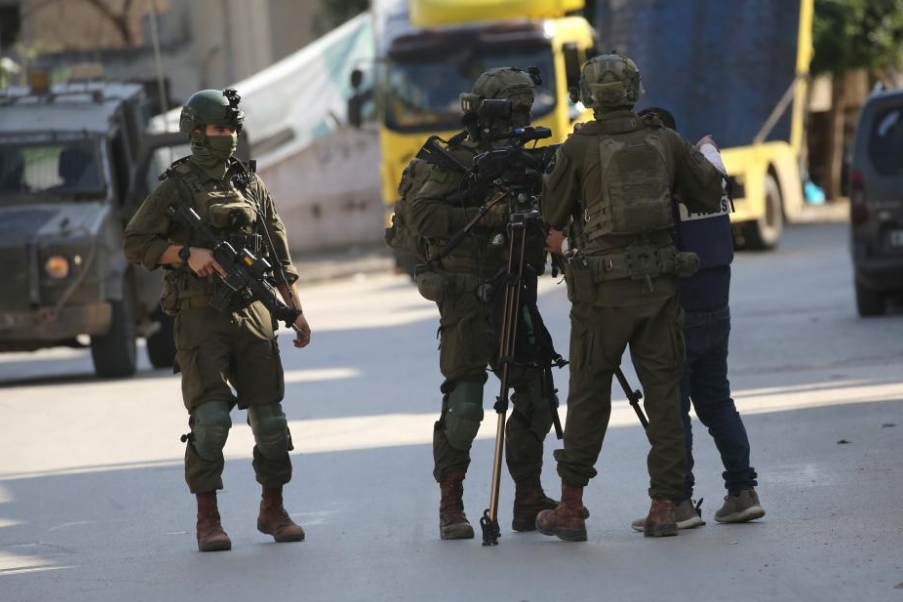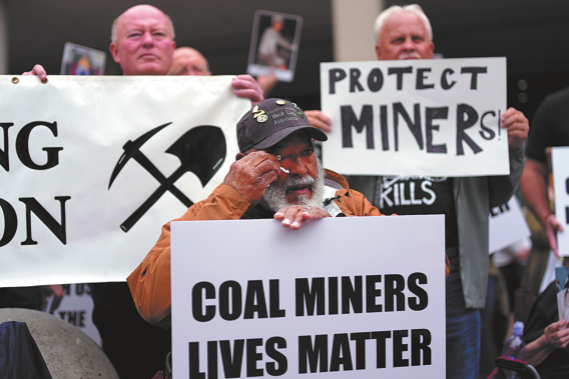Starmer, Macron show strength of nations' ties
Leaders of France, UK stand together at Armistice event, send clear message


United Kingdom Prime Minister Keir Starmer took part in a very public display of European unity on Monday when he joined France's President Emmanuel Macron in Paris for the country's Armistice Day service, becoming the first British leader to attend the ceremony since Winston Churchill in 1944.
The image of the two leaders standing alongside one another, commemorating the 80th anniversary of the liberation of France in World War II, was particularly symbolic, coming days after the reelection of Donald Trump as United States president.
The re-election was an event that will likely have major implications for the NATO military alliance, of which both France and the UK are members, and the future course of the Russia-Ukraine conflict.
Both issues were expected to be on the agenda as the two leaders held talks around the commemoration that took place on the date World War I ended.
During his visit, Starmer also met France's Prime Minister Michel Barnier, the former European Union Brexit negotiator who he encountered several times in his former role as shadow Brexit secretary.
A spokesperson for Starmer's office said talks would "reflect on the close bonds between the two countries, many forged and cemented by the sacrifice of British and French soldiers on the frontline".
Karin von Hippel, director of the Royal United Services Institute defense think tank, told The Guardian newspaper that the symbolism of Starmer and Macron standing together in a time of political instability and uncertainty on so many fronts was very clear.
"It's important for the United Kingdom and the EU to mend fences and forge a stronger relationship now that Trump has won," she said. "The same applies to UK bilateral relations with European countries.
"America will no longer be a reliable partner for any European country, including the UK. So as much bridge-building and scenario-planning that can be done now is critical, including deciding where they will push back on the US when they disagree."
Previously, Trump has said all NATO members should commit to spending at least 3 percent of their gross domestic product on defense. In an election campaign speech in August, he said: "I'll insist that every NATO nation must spend at least 3 percent… 2 percent is the steal of the century, especially as we (the US) are paying for it."
The new UK government's Chancellor of the Exchequer Rachel Reeves recently delivered her first budget, which has had to manage a so-called fiscal back hole left by the previous government.
Against this backdrop, the country's strategic defense review, which is due to be finalized in the new year, will aim to steer defense spending toward a figure of 2.5 percent.
But in a Sky News interview at the weekend, Chief Secretary to the Treasury Darren Jones would not commit to this by the end of the current parliament, saying that because of the wider challenges of public spending, although national security was a priority, such a commitment would require "trade-offs" in other sectors of government responsibility.
































